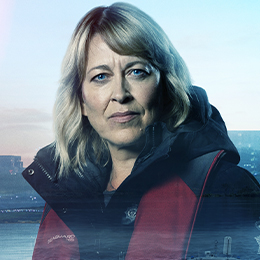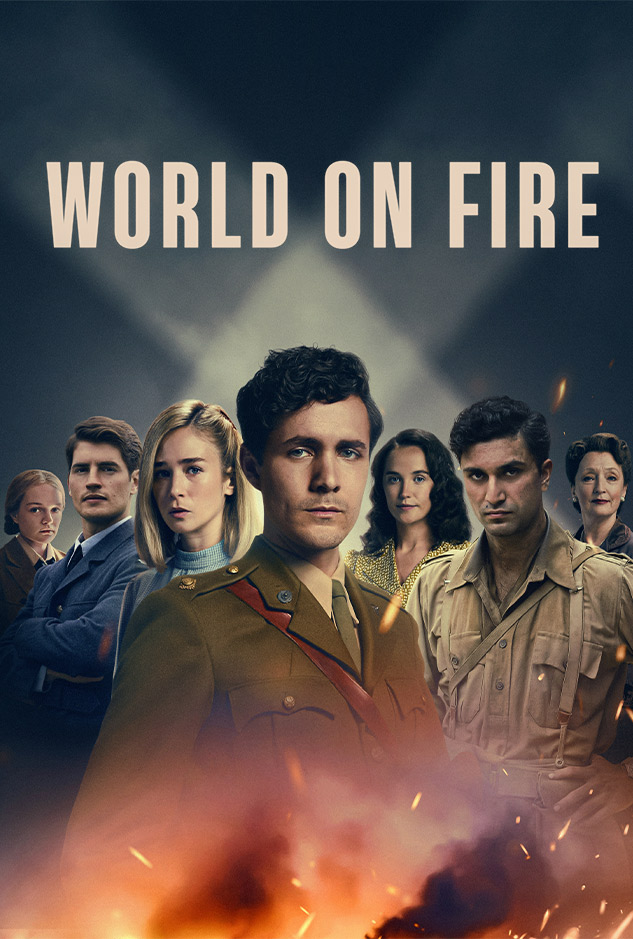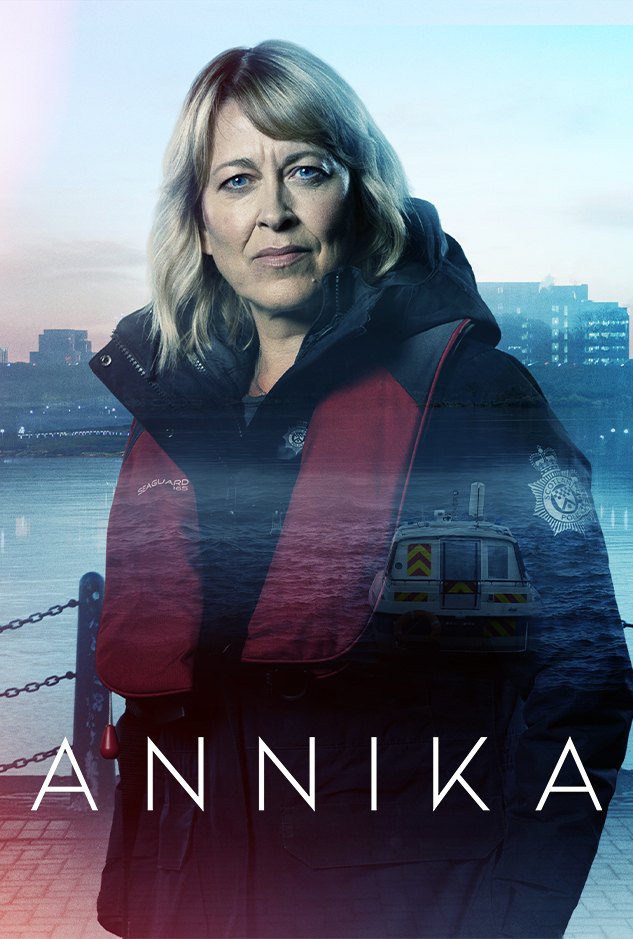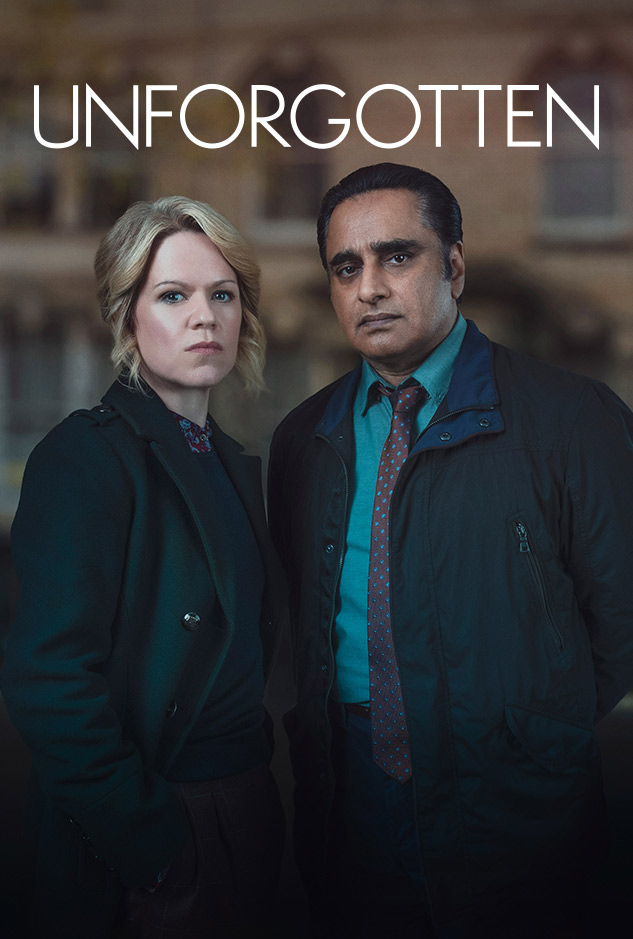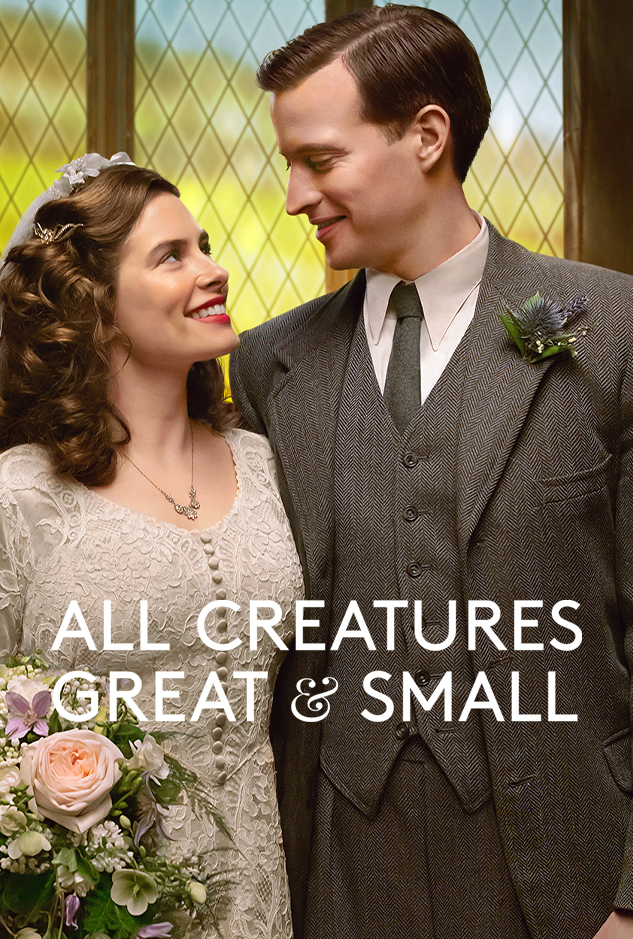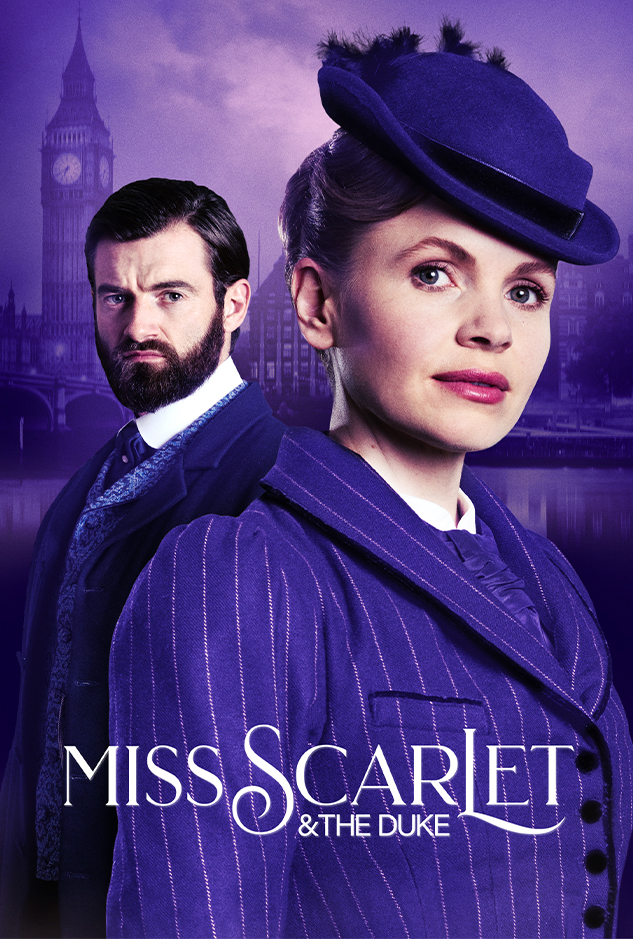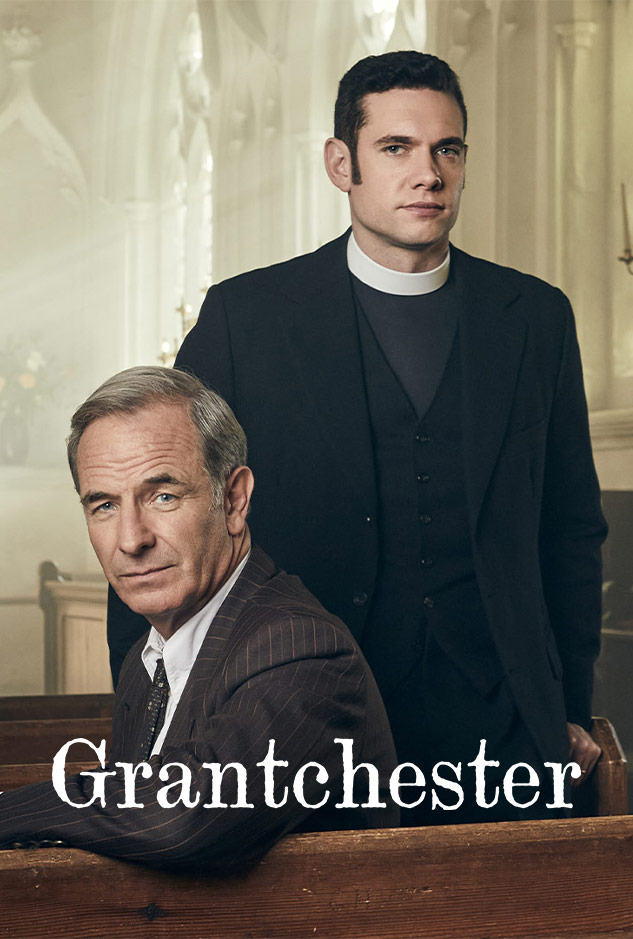Interview with Annika Writer & Creator Nick Walker


Starting in 2013, nearly a decade before Annika premiered on MASTERPIECE on PBS, series star Nicola Walker (Unforgotten, Last Tango in Halifax) was already playing the titular, speed boat driving detective in a BBC Radio 4 audio drama called Annika Strandhed. The radio series, which aired 31 episodes from 2013-2020, was comprised of 15 minute monologues performed by Walker. Not only that, but the show just happened to be written by another Walker — Nick Walker (of no relation, believe it or not). Years later, the dynamic Walker duo reunited to bring DI Strandhed’s story to the screen — albeit with a few tweaks — in 2022, Nick (again) as writer and creator, and Nicola returning as the leading lady once more.
Read an illuminating interview with Nick, the mastermind behind it all, to get the inside scoop on what’s still to come in Season 2, working with Nicola again, a boating “speed demon” cast member, and more.
You’ve had a great relationship with Nicola Walker over the years, first on the radio version of Annika and now on this. What makes her so special?


Her superpower is understanding the emotional context of something and being able to play it through a whole series so brilliantly. When you write for some performers, you know it will turn out even richer than you imagined, and Nicola is one of those. Also, I’ve always found her really good at comedy in a very underplayed way. I went through a phase where I wasn’t seeing her do so much of that, and so I wanted to write that for her. When we started on the radio, it was clear that this should be a character who could access comedy and be slightly awkward as well. I really respond to those characters who don’t have all the answers to things, who misstep and who say the wrong thing.
What drew you to the sublime Clydeside location?
We were deliberately looking for somewhere which always gave us a visual reminder of the water because we’d set up this particular sort of specialist marine police unit. The idea was that if anything happened, the detectives could just jump into the water and pelt off to find the crime scene. And Annika might be able to take a boat to work.
Water plays a big part again in this series, doesn’t it?


Yes, there are a few ferries and some kayaks, and the speed boats and the police boats are back. But filming on water does take longer. You don’t need a fair wind – you need the opposite! Water moves at its own pace. So, you have to work to the pace of the waters. If you want a chase sequence, it’ll be only as fast as the boats can go. Or if you want a scene where it’s going to be very choppy, then you have to wait for that. It’s about being respectful of the environment.
But it can still get a bit James Bond, can’t it?
Yes. Both Nicola and Jamie really pushed in this [season]. That’s very good fun. We filmed a sequence in Edinburgh under the Forth Rail Bridge, and the boat was absolutely flying. Ukweli (Roach) was in one scene, and he was holding on for dear life!
Is Nicola a bit of a demon behind the wheel of the speed boat?


Yes, she’s very good at it. She learned how to drive it properly for the first season, and she’s taken a refresher course for this one. She’s also been practicing in between, so she’s really proficient now. Essentially, you just put the actors in a speedboat and let them go. It’s been great fun for the actors to just tear around. I think they enjoyed that more than the scenes they had to film in an emergency pedalo. That was less dynamic!
Will you ever exhaust the well of watery murder locations?
No, I don’t think they will ever run out. In this [season], there’s a murder in a shark tank and a body is discovered in ice. We spend all our time constructing different baroque ways in which somebody might use water to kill someone, and therefore what particular literary resonance Annika might find as a result.
We kicked off Season 1 with a harpoon murder, which made her think of Moby Dick, and that’s the principle that we’ve kept to since. So, when they discover a body in Jura, Annika starts to think about George Orwell’s 1984, which was written on Jura. The shark episode, meanwhile, refers to Dr. Jekyll and Mr. Hyde. There are so many candidates. And that’s the other reason why Scotland is so helpful for us. It’s just got this amazing literary heritage that we can use.








